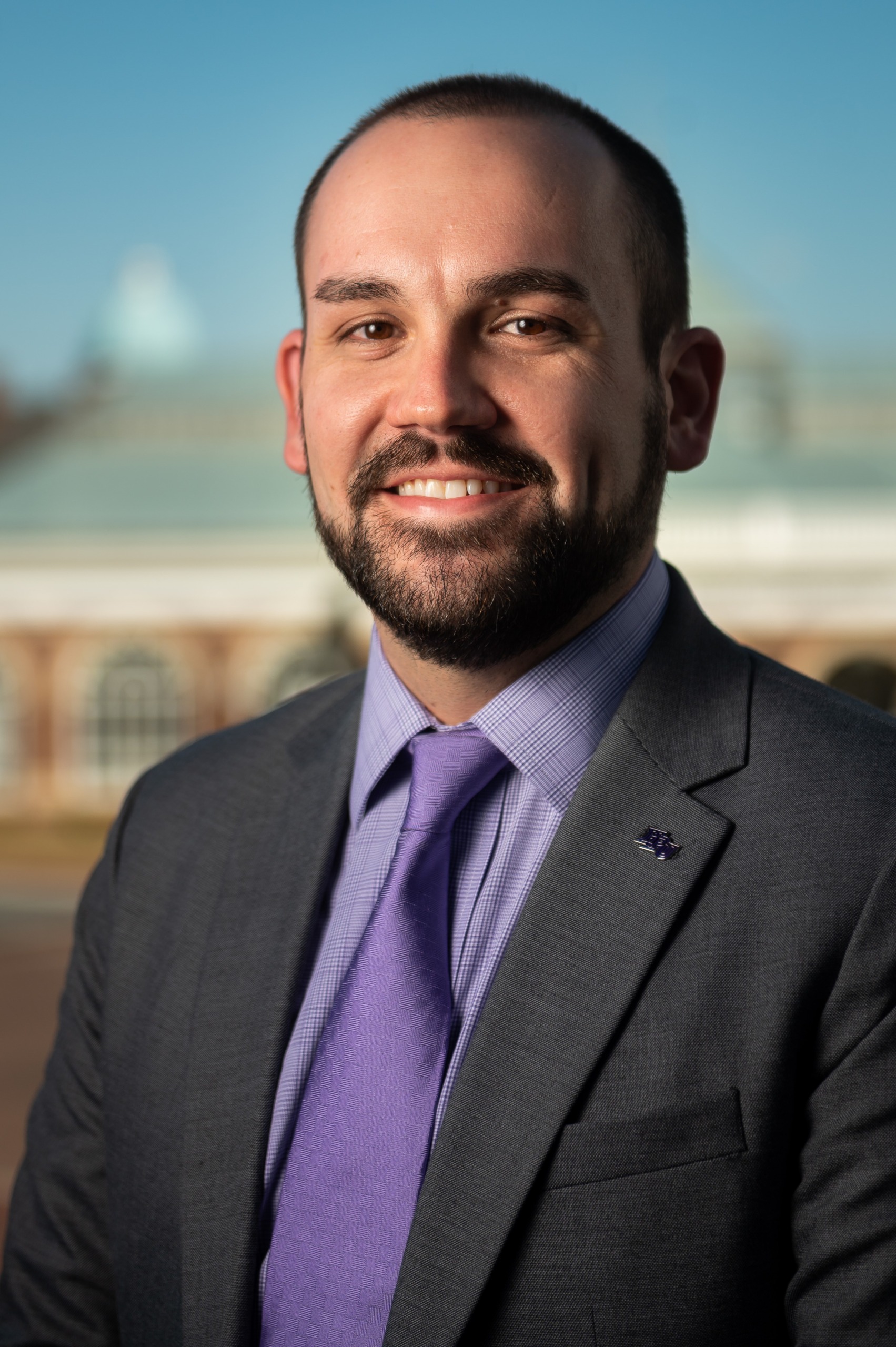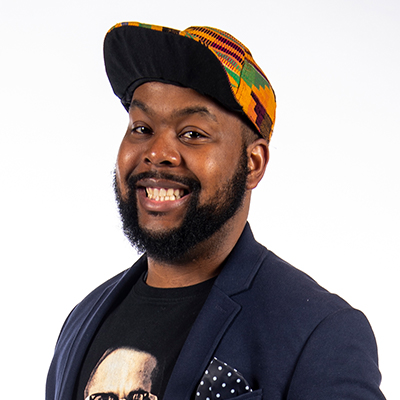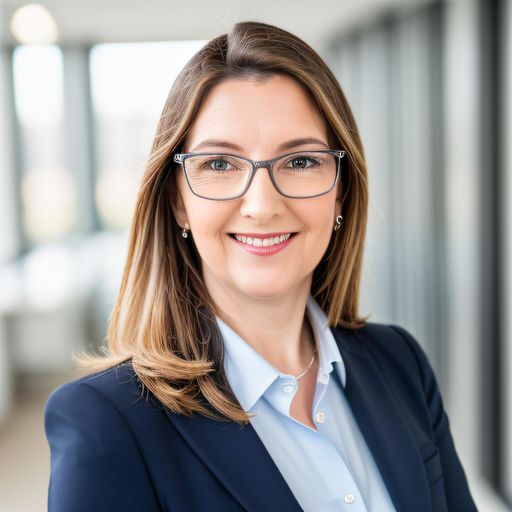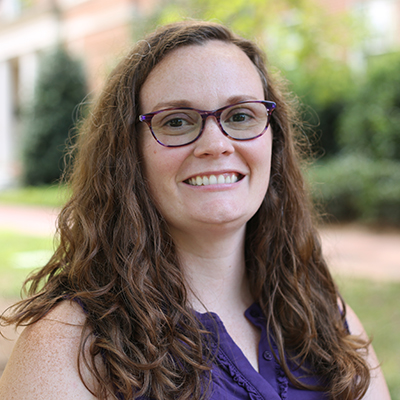 Position: Dean for Education & Associate Professor
Position: Dean for Education & Associate Professor
Employer: High Point University Workman School of Dental Medicine
Work Focus: I am responsible for leading the Doctor of Dental Medicine and associated degree programs as well as supporting education-related research initiatives for the school. My primary focus is facilitating the design, implementation, and evaluation of our novel Clinician-Advocate-Researcher-Entrepreneur (CARE) curriculum model, which is informed by the learning sciences to optimize achievement of programmatic outcomes.
Things Learned in the Program: One of the most influential skills acquired from the LSPS program (Kelly Ryoo’s class) was how to apply design thinking as a creative problem-solving process to address complex challenges. I use those abilities daily as we empathize with learners and faculty to understand their struggles, redesign health professions curricula that is more attuned to the learning sciences, and while crafting innovative assessment strategies. Most importantly, my doctoral training prepared me to lead and disseminate research regarding our curriculum development practices, which can help many other health professions degree programs to flourish.

Position: Assistant Professor of Identity and Justice in STEM Education
Employer: Department of Educational Psychology at the University of Illinois Chicago.
Work Focus: As a Scholar-Activist, his work strives to transform the positioning and understanding of Blackness in mainstream education, specifically STEM, seeking justice and joy for Black women, Black students, and other minoritized individuals given the social-cultural-political-historical positioning of their identities.
Things Learned in the Program: There are so many memorable moments that I carry forward from my time as a Ph.D. student in the LSPS program. The powerful lectures of Dr. Dana Thompson Dorsey, the critical insights offered from Dr. Eileen Parsons, the friendships established among my peers, the opportunities to expand and deepen my interest through the Finish Line Project and ASPSA, as well as the opportunities to leverage my voice and activism to enact change through BGPSA and the CBC. My experiences at UNC, particularly within LSPS really laid a solid foundation for my current endeavors, including the lens by which I blend race-critical perspectives, sociocultural learning, decision-making, and human development to enact transformative change in postsecondary STEM education.

Position: Senior Research Scientist in the Learning Sciences Research Team
Employer: Digital Promise, a global nonprofit working to expand opportunities for every learner, especially those who have been historically and systematically excluded.
Work Focus: Dalila focuses on collaborative learning in STEM disciplines aiming to foster equitable learning interactions and outcomes.
Things Learned in the Program: My studies in the LSPS program, specifically the methods and learning theories courses, prepared me for the methodological rigor and creativity necessary to engage in the challenging and rewarding work I do today. A solid preparation in educational policy is another dimension of my doctoral studies that I see as invaluable for working in the nonprofit arena and interacting with students, practitioners, and school districts across the country, as well as lawmakers and funding agencies.

Position: Assistant Professor
Employer: Learning Sciences program in the Department of Educational and Counselling Psychology for the Faculty of Education at McGill University.
Things Learned in the Program: Perhaps the most notable thing I learned as a doctoral student was how to conduct my own research. The courses I took (e.g., DBR, Designing Ed Tech) set me up to co-design an app and collect data that would be used for my dissertation. One skill that I learned outside of my coursework, though, was how to be a good mentor. I had excellent mentorship and was given opportunities to be mentored by and eventually mentor other students. This has really helped me form stronger relationships with my own graduate students.